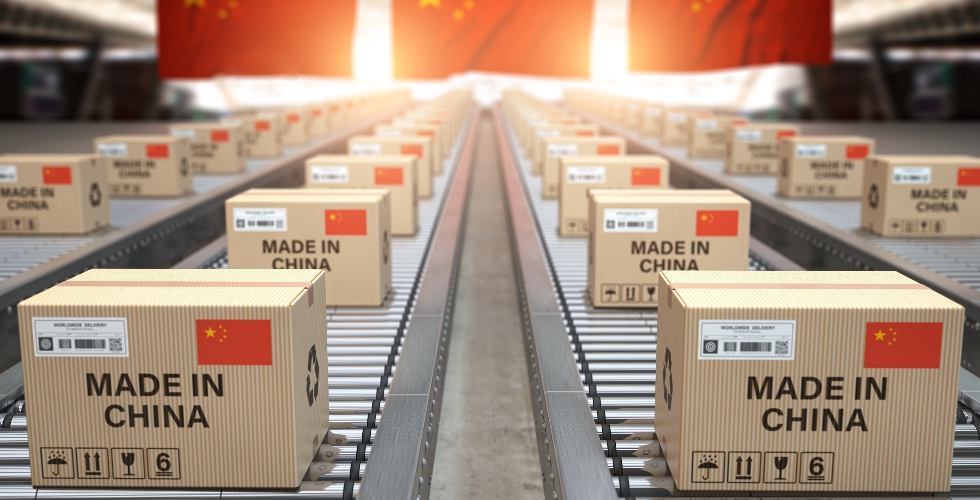Thanks to a combination of government investment and the development of a market system, China’s economy is booming and its population’s spending power is increasing.
With 4.9% growth in the third quarter of 2020, China is in fact rebounding from the COVID-19 slump at a pace not seen elsewhere.
But what does China’s e-commerce market look like, more specifically? RetailX spoke with Jerry Leung, CEO North Asia at Asendia Hong Kong, to get his view on some of the key trends. From friendship marketing to drones and self-service parcel lockers, there are some interesting developments emerging within this e-commerce powerhouse. Read Jerry’s interview below to find out more!
Q&A with JERRY LEUNG
CEO NORTH ASIA, ASENDIA HONG KONG
1) What are the main characteristics you see in China concerning e-commerce market size?
Friendship marketing is mainstream in China and driven by social media. There is a huge population of internet users in China, and people enjoy sharing lifestyle tips with friends and family through social platforms. People are very willing to accept and try out new trends. This could be the reason why Pinduoduo (拼多多) has become so successful in recent years. It encourages group buying so that consumers can invite friends to shop together to receive discounts from suppliers.
With regards to logistics infrastructure, China has well-constructed railways and highways connecting its main cities, and shipping costs are relatively low. This supported the fast growth of online orders. China also set the pace in using digital payment methods. A combination of well-established marketplaces and multiple e-payment methods have given China a leading position in e-commerce.
2) What has been the most interesting recent development in e-commerce for you?
This year, many businesses have had to transform their models to mitigate the effects of COVID-19. Typically, even traditional retailers have turned to online channels to increase customer engagement.
Meanwhile, this crisis has also brought opportunities for new e-commerce sellers, such as Shein, a shopping platform that offers affordable fashion items. The company has developed a rich user experience and built a strong brand identity in the past few years. It has been well placed to adapt to change and succeed.
Online shopping is growing rapidly, demand is increasing, but lockdowns put huge pressure on air cargo capacity. That said, consumers tend to accept maritime and rail transportation as other options. They are willing to wait longer in return for a less expensive shipping service.
3) What are the most common delivery methods you see in China? How will this trend change in the future?
China is a competitive market with many domestic courier companies, such as SF Express, ZTO, STO, YTO. Local PUDO networks are increasing, for example, Hive Box (丰巢) is China’s largest self-service parcel locker operator. Logistics drones are also being introduced. These could lower costs, and make delivery faster and more convenient, especially in remote areas. I believe auto-drive trucks or vehicles will be one of the key trends in the future when 5G technology becomes more common in China.
Jerry’s focus is on North Asia, where he has overseen the transformation of Asendia from a pure mail company to a successful cross-border e-commerce business.
Still curious? For a more in-depth look at e-commerce trends in China, and to read the rest of Jerry’s interview, download the China 2020 E-commerce Country Report by RetailX, in partnership with Asendia.






